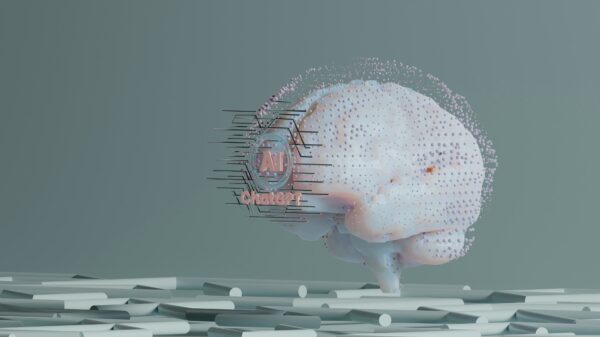The Power of Music
Music has a unique ability to touch our souls and evoke emotions within us. It has the power to uplift our spirits, bring us solace in times of sorrow, and inspire us to create and connect with others. But did you know that music can also have a profound impact on our mental health?
Research has shown that music therapy can be an effective tool in treating various mental health conditions, including depression, anxiety, and even post-traumatic stress disorder. The soothing melodies and harmonies can help reduce stress levels, promote relaxation, and improve overall well-being.
Music as a Stress Reliever
In today’s fast-paced world, stress has become a common part of our lives. Whether it’s due to work pressures, relationship issues, or financial worries, stress can take a toll on our mental and physical health. Fortunately, music can serve as a powerful stress reliever.
Listening to calming music can help slow down our heart rate, lower blood pressure, and reduce the levels of stress hormones in our bodies. It can transport us to a peaceful state of mind, allowing us to momentarily escape from the worries and pressures of everyday life.
The Therapeutic Effects of Music
Music therapy is a recognized form of treatment that utilizes the healing power of music to improve mental health and well-being. It involves the use of music interventions, such as listening to music, singing, playing instruments, or composing music, under the guidance of a trained music therapist.
Music therapy can be beneficial for individuals of all ages and can be tailored to address specific mental health needs. It can help improve mood, enhance self-expression, and foster a sense of connection and belonging. In group settings, music therapy can also promote social interaction and communication skills.
Music and Emotional Regulation
Emotional regulation is an essential skill that allows us to effectively manage our emotions and respond to challenging situations in a healthy way. For individuals with mental health conditions, such as bipolar disorder or borderline personality disorder, emotional regulation can be particularly challenging.
Music can play a significant role in helping individuals regulate their emotions. Upbeat and energetic music can boost mood and increase energy levels, while slow and calming melodies can promote relaxation and reduce anxiety. By choosing music that resonates with their emotions, individuals can find comfort and solace in the healing power of melodies.
Using Music as a Coping Mechanism
Music can serve as a powerful coping mechanism for individuals facing mental health challenges. It allows them to express their emotions, find solace in lyrics that resonate with their experiences, and connect with others who share similar struggles.
Whether it’s through listening to music, attending concerts, or participating in music-related activities, individuals can find a sense of belonging and support within the music community. Music can provide a safe space where they can freely express themselves without fear of judgment or stigma.
Conclusion
Music has a remarkable ability to heal, inspire, and uplift our spirits. It can serve as a powerful tool in promoting mental health and well-being. Whether it’s through music therapy or simply listening to our favorite tunes, we can harness the therapeutic effects of music to improve our mental and emotional well-being.
So, the next time you’re feeling stressed, anxious, or overwhelmed, why not turn to music? Allow its melodies to wash over you, soothing your soul and bringing you a sense of peace and tranquility.


































